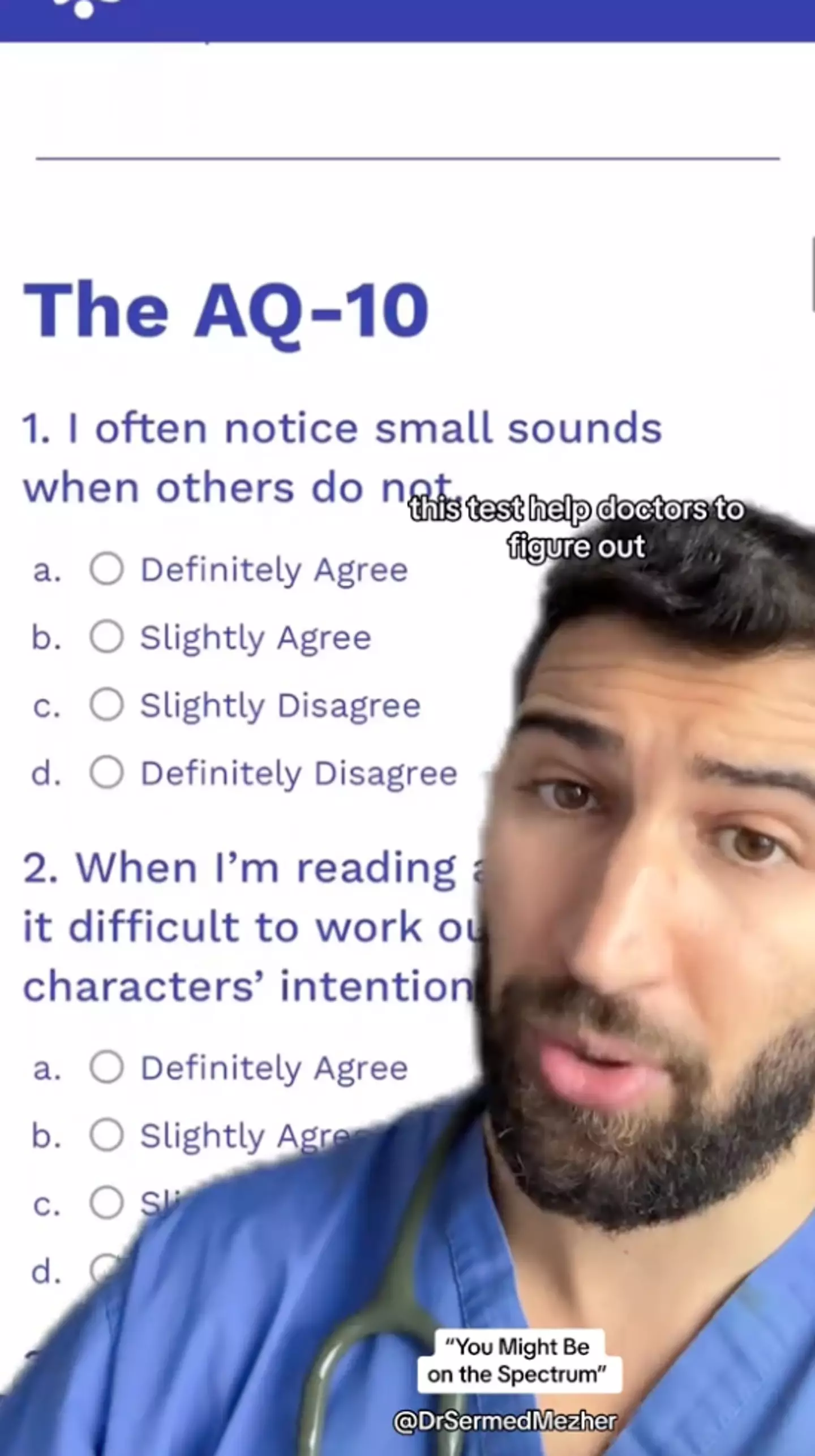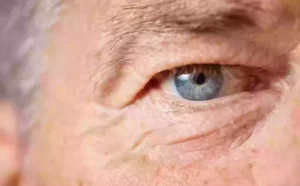“Unlocking the Mind: 10 Revealing Questions That Could Unmask Autism Spectrum Disorder!”
Ever thought about how your brain works differently from others? Well, Dr. Sermed Mezher might just have some answers for you! He recently shared the top 10 questions from the Autism Spectrum Quotient-10 (AQ-10) screening tool, which could help identify signs of autism spectrum disorder. It’s important to remember that being autistic doesn’t mean something’s wrong; it’s more like your brain’s unique operating system. The NHS emphasizes that autism is a spectrum—everyone experiences it differently. So, what might those questions look like? If you’ve ever felt like you didn’t quite fit the mold socially, this brief screener could be worth a look. Whether you’re curious for yourself or someone close to you, this could be the first step in understanding a little bit more about the ways you—or they—think and interact! LEARN MORE.
A doctor has shared the top 10 questions from a screening test that could help determine whether someone possibly has autism spectrum disorder.
Being autistic, the NHS says, ‘does not mean you have an illness or disease’, rather it ‘means your brain works in a different way from other people’. They also state that autism ‘is a spectrum’, meaning that ‘everybody with autism is different’.
The symptoms that could mean you are on the autism spectrum can range from finding it hard to communicate with others or how other people think or feel, taking longer to process information, or doing or thinking things in a repetitive manner.
If you decide to pursue a professional diagnosis, then the AQ-10 screener is used as a ‘brief’ test for autism, according to Dr Sermed Mezher.

Dr Sermed Mezher has shared a ‘brief screening tool designed to identify signs that may suggest a person could have autism’ (TikTok/@drsermedmezher)
“The Autism Spectrum Quotient-10, is a brief screening tool designed to identify signs that may suggest a person could have autism,” the doctor from London explained on TikTok (@drsermedmezher).
“It consists of 10 questions that focus on social communication, behaviour, and how someone processes information. While the AQ-10 can provide an indication of autistic traits, it is not a diagnostic tool.
“A high score on the AQ-10 suggests that further assessment might be necessary, but it cannot confirm an autism diagnosis.”
10 questions that could determine if someone has autism:
- I often notice small sounds when others do not (Agree, one point)
- When I’m reading a story, I find it difficult to work out the character’s intentions (Agree, one point)
- I find it easy to read between the lines when someone is talking to me (Disagree, one point)
- I usually concentrate more on the whole picture, rather than the small details (Disagree, one point)
- I know how to tell if someone is listening to me is getting bored (Disagree, one point)
- I find it easy to do more than one thing at once (Disagree, one point)
- I find it easy to work out what someone is thinking or feeling just by looking at their face (Disagree, one point)
- If there’s an interruption, I can switch back to what I was doing very quickly (Disagree, one point)
- I like to collect information about categories of things (Agree, one point)
- I find it difficult to work out people’s intentions (Agree, one point)
Dr Mezher also added that ‘the test serves as a preliminary step to highlight whether a more comprehensive evaluation by a healthcare professional is warranted’.
“An official diagnosis requires in-depth analysis, including clinical interviews, developmental history, and observations by specialists,” he said.
“The AQ-10 can be a useful first step in recognising potential signs of autism, but it is not definitive—merely a guide to help determine if additional professional insights are needed.
“This test helps doctors to figure out if you could have autism or not. Scores of six or less make autism unlikely. Go with your first instinct.”
You can visit the NHS’ Autism Assessment to learn more.












